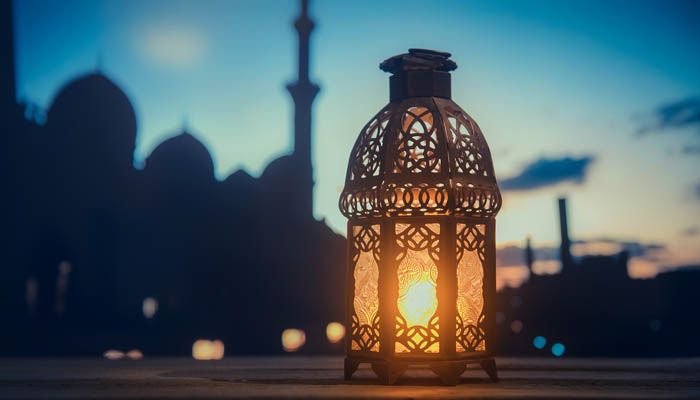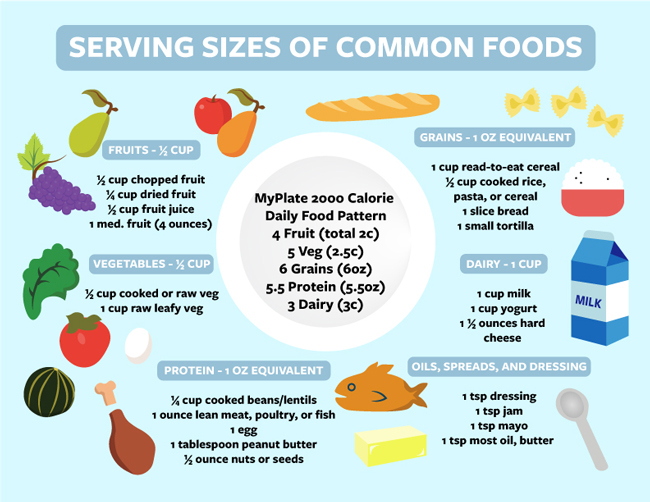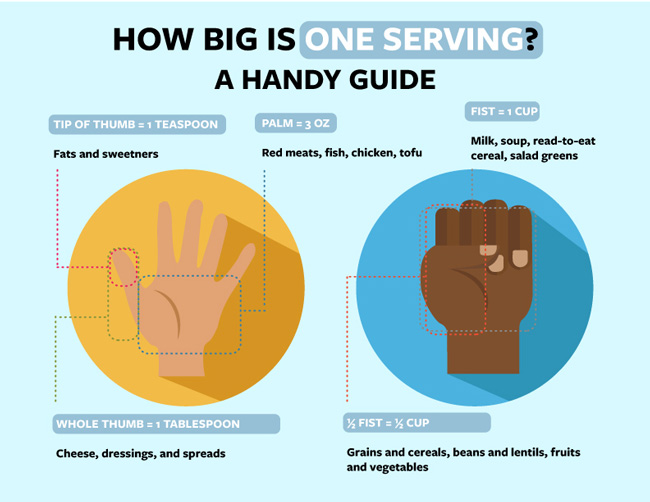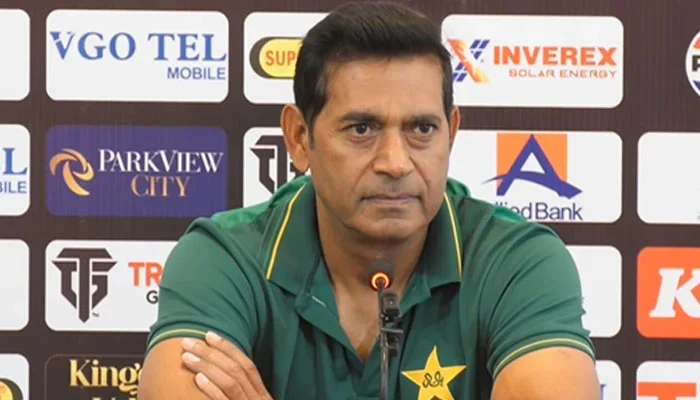Here are the Tips for Healthy Ramadan Fasting

If you’re one of the millions of Muslims around the world fasting during Ramadan this month, you’re probably fasting from dawn to sunset every day.
Fasting is an integral feature of many religious rituals, and it is generally safe to do so. If you have certain health problems, such as pregnancy, diabetes, or any disease, it is better to meet with your faith leader and/or your doctor to decide if you do need to fast or whether you should fast without pain.
And, if you’re on any prescriptions, check with the doctor to see if you can safely postpone them or if they should be taken without food or fluids. If you get ill during fasting, relax, drink some juice, and see a doctor if your symptoms do not change.
Drink plenty of fluids
Try drinking fluids multiple times in the night because thirst is a warning that your body is ALREADY dehydrated. Caffeinated beverages will dehydrate you, so choose fluids that don’t have caffeine.
Breaking your fast with water at iftar is not only common, but it also means that you get the best supply of hydration into your body before being distracted by food.
However, avoid drinking too much at once and Drink TWO glasses of water at Sahri. Attempting to drink many gallons at once will dilute the body’s electrolytes, resulting in a possibly lethal disorder known as water intoxication.
Portion size
Have you ever used the words “serving size” and “portion size”? Are you perplexed by the two? Although the words serving and portion are often used interchangeably, they have distinct meanings.
Serving size
The USDA MyPlate is an excellent resource that tells you how many portions of each of the five food groups you can consume each day.

Here is also a hand guide.

It takes about 20 minutes for the body to recognize that it has had plenty to feed. As a result, don’t overeat during iftar. Eating mindfully and listening for when your appetite is met brings less strain on your body and has more nutrition than eating large quantities at once.
Avoid being sedentary
As a matter of fact, fasting can be physically exhausting but strive not to become totally sedentary. If you usually work out in the morning, see how your body reacts if you return to exercising in the evening after you’ve broken your fast.
Strenuous exercise is not recommended during the day because it will easily dehydrate you. However, you can think of small, short, or fast walks or a few stretches that will help you stay energized during the day.
Break the fast with dates
Dates help with hydration because they are a natural source of glucose, which boosts your cells to store fluid and fuel for energy. So Breaking the fast with dates is not the only practice because of Prophet Muhammad and how he broke his fast, but also a great tip to eat healthily.
Keep sipping water through the night
Assume you weigh 150 pounds and require 75 ounces of water a day, but you’ve only had four 8-ounce glasses of water (32 oz. total) so far. If you’re a goal-oriented guy, you could label water bottles with benchmarks to achieve during the night.
Avoid chugging four glasses of water in a row
If you drink a lot of water at once, chances are your body is going to waste it. Therefore it’s important you make sure that you are sipping on water during the night.
Eat foods with high water content
Cucumbers, peppers, onions, watermelon, strawberries, apples, and spinach provide a lot of water and therefore help you remain hydrated. Create a salad of onions, cucumbers, and peppers for iftar. Make suhoor smoothies with hydrating ingredients such as watermelon or strawberries.
Enjoy an apple at Sahri. This, rather than bread and cheese or fried meats, will help you get more fluids into your diet.













